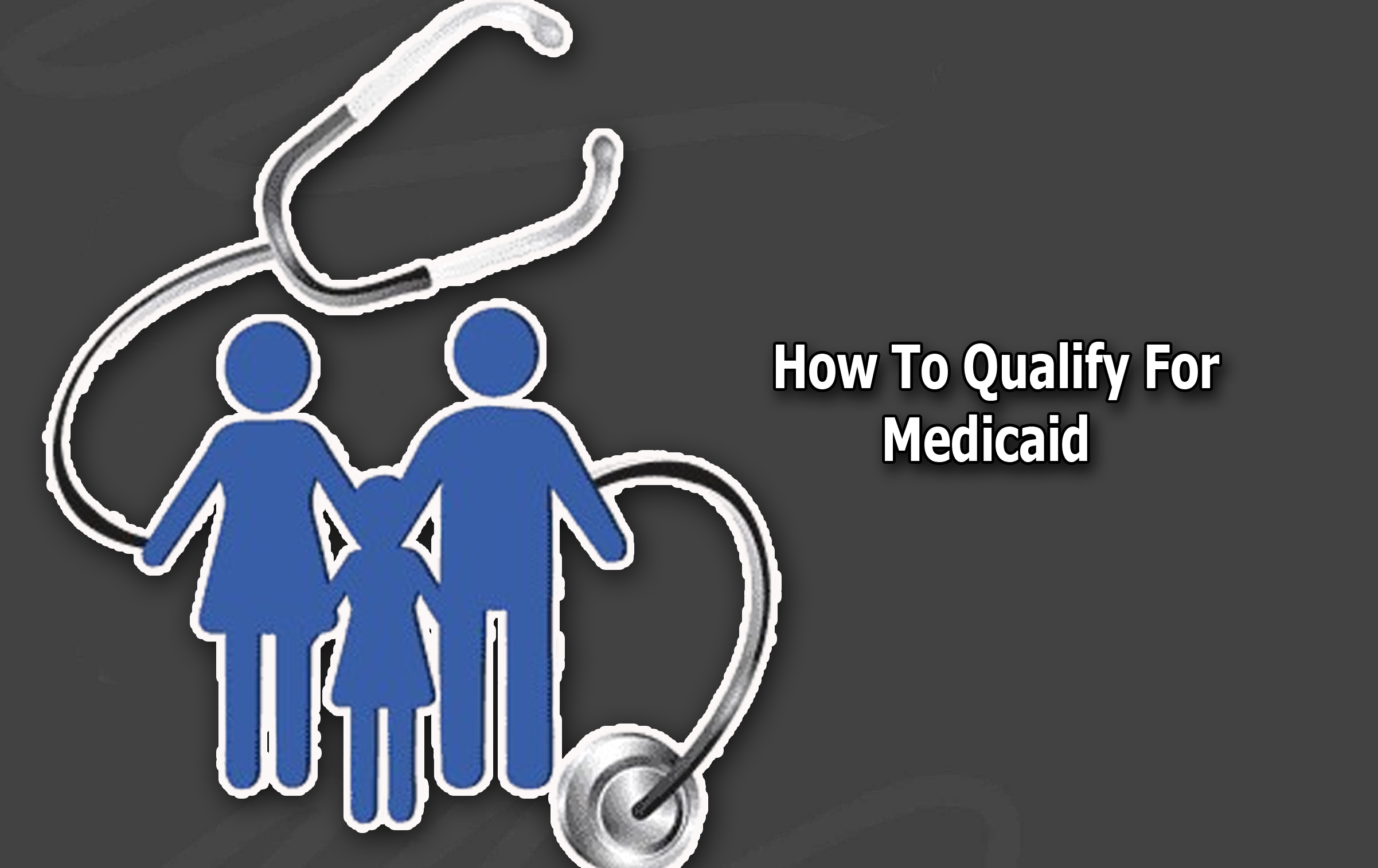
How can I qualify for Medicaid? Medicaid is a government-funded health insurance program designed to provide healthcare coverage to low-income individuals and families in the United States.

Established in 1965, Medicaid has largely expanded to cover millions of Americans, including children, pregnant women, elderly individuals, and people with disabilities.
Moreover, it is a joint federal and state program. And this means eligibility and benefits can vary from one state to another.
Qualifying for Medicaid depends on various factors, including income level, family size, disability status, and specific state requirements. While Medicaid aims to assist those in financial need, understanding and navigating the application process can sometimes be complex.
Income Requirements
Income is one of the most critical factors in determining Medicaid eligibility. Each state sets its own income limits based on the Federal Poverty Level (FPL), which is updated annually. These requirements are stated below:
- Federal Poverty Level (FPL) Guidelines: Most of states use a percentage of the FPL to determine eligibility. For example, individuals and families earning up to 138% of the FPL may qualify, under the Affordable Care Act (ACA) Medicaid expansion.
- Types of Income Counted: Earnings from employment, Social Security benefits, pensions, and certain government assistance programs may be considered when determining eligibility.
- State-Specific Variations: While most states have expanded Medicaid under the ACA, others have not, which means eligibility requirements vary widely.
- Household Size Consideration: Medicaid also considers the total income of all household members. If the household is larger, then the income threshold for qualification will be higher.
Categorical Eligibility To Qualify For Medicaid
Apart from the income strategy, Medicaid eligibility is also based on specific categories of individuals who are given priority access to coverage. They include:
- Children: Medicaid and the Children’s Health Insurance Program (CHIP) provide coverage for children in low-income families, even if their parents do not qualify.
- Parents and Caregivers: Some states extend Medicaid coverage to parents and caregivers of minor children if they meet income guidelines.
- Medicaid Expansion Adults: In states that have expanded Medicaid under the ACA, low-income adults without dependents may qualify based on income alone.
- Pregnant Women: Many states also offer Medicaid to pregnant women with incomes higher than the standard Medicaid income limits.
- Elderly and Disabled Individuals: Lastly, seniors and people with disabilities who receive Supplemental Security Income (SSI) may automatically qualify for Medicaid.
State Variations In Medicaid Eligibility
Since Medicaid is administered at the state level, qualification rules and benefits are different depending on where you live.
Here are some key factors that vary by state:
- Medicaid Expansion: Some states have expanded Medicaid eligibility to include more low-income adults under the ACA, while others have stricter rules.
- Income Limits: States set different income thresholds based on cost-of-living factors and available funding.
- Asset Limits: Some states consider assets (such as savings and property) when determining Medicaid eligibility for certain groups. This includes; elderly individuals seeking long-term care.
- Additional State-Specific Programs: Some states offer extra Medicaid-related programs, such as dental coverage, home healthcare, or prescription assistance.
How to Qualify and Apply for Medicaid
Applying for Medicaid involves several steps, and the procedure may differ depending on your state. The following are the steps to take in applying for Medicaid:
- Determine Eligibility: Use online tools, such as the Healthcare.gov website or your state’s Medicaid portal, to check if you qualify.
- Gather Necessary Documents: Ensure you have all the commonly required documents including proof of income, Social Security numbers, residency verification, and medical disability records, if it’s applicable.
- Complete an Application: Applications can typically be submitted online, by phone, by mail, or in person at your state’s Medicaid office.
- Await Approval: The processing times vary, but applicants typically receive a decision within 30 to 45 days. If additional information is needed, the process may take longer.
- Enroll in a Medicaid Plan: Once approved, you may need to choose a Medicaid-managed care plan if required by your state.
Frequently Asked Questions
Can I Qualify For Medicaid If I Have A Job?
Yes, having a job does not automatically disqualify you from Medicaid. If your income falls within your state’s eligibility limits, you may still qualify.
Does Medicaid Cover All Medical Expenses?
Medicaid covers a wide range of medical services, including doctor visits, hospital stays, prescription drugs, preventive care, and, in some cases, dental and vision care. However, the coverage details vary by state.
What If I Am Denied Medicaid?
If you are unfortunately denied Medicaid, you have the right to appeal the decision. You may also explore alternative healthcare options, such as subsidized insurance plans through the Affordable Care Act marketplace.